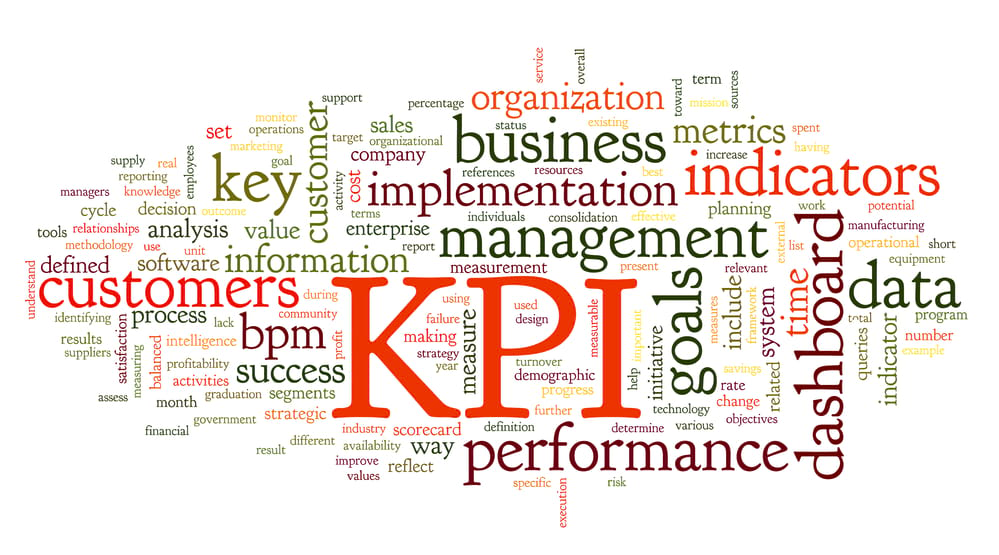Software for Field Service: Have we identified the KPIs and can we consult them quickly?
One of the most important aspects of FSM (Field Service Management) is precisely the management of the fluctuation of the service demand, in a sector in which the competition is more and more aggressive and customers don’t lower the standards of their demands.

And it doesn’t just fluctuate because of the growth of the business and customer demand, there are also other factors that alter the daily programming, such as traffic (which affects movements); last minute cancellations or a complexity that may arise about the departure during a specific preventive or repair visit.
Meanwhile, do you believe that your field services are working as they should? Have you identified the metrics you need and have them readily available?
The Software for Field Service can provide essential statistics
In a first approximation, we are interested in focussing on increasing the number of tasks resolved by day. But once a certain threshold has been exceeded, we should have other objectives, for example, to reduce the costs and times of movement.
In our post about How to control and improve the key metrics of the FSM we showed you four KPIs (Key Performance Indicators) that we consider to be essential: FTF (First-Time Fix Rate); MTTS (Mean Time To Service); MTTR (Mean Time to Repair) and the Loss of income from service, this being motivated by multiple causes that may be concurrent.
In addition to these four, there are others that are no less relevant, and that we cover below:
- The time spent between visits: is a metric that will improve optimising the distances within one route or, if possible, programming the visits in times of lower traffic density.
- The percentage of billable hours: if they don’t reach a satisfactory threshold, we will be losing productivity in our employees and, therefore, profitability of the business.
- The percentage of jobs completed and not billed: is another interesting metric that give us some food for thought. Except for real exceptions, it is a figure that should be very close to zero. Distancing ourselves from this result is inconceivable, but is often real. And it can arise if we don’t have an operations control methodology that is strictly followed.
- Meeting SLAs: remembering the specifics of the contracts of each customer is not an easy task when growing. Perhaps we are happy with our resolution times, but if, however, we had a real measurement we might get a fright. It is always better to realise beforehand and resolve it, before the customer themselves has to inform us.
KPIs linked to interactive dashboards and automated flows
The ideal thing would be to check these metrics through interactive dashboards provided by Field Service Management software. They shouldn’t just visually alert you to any deviation, but they should enable you to delve further to see what specific jobs created these results.
And if one specific result can automatically be turned into messages to the supervisors, even better.
Improving efficiency in the resources also happens by assigning the tasks intelligently. In this way, those jobs that require certain skills are assigned to staff with the training, experience and/or necessary equipment.
Intelligence can also be entrusted to the tool
Modern technologies of Artificial Intelligence and Machine Learning are already applying business solutions of the FSM sector, so it is already possible to predict the estimated duration of completing specific tasks, and, therefore, better adjusting the daily work orders. Or integrating IoT devices into our management system to proactively carry out specific jobs that prevent possible stops of service with the resulting loss of satisfaction from our customers.
Based on the above we have developed Task4Work, software for Field Service Management available 100% on the cloud. It is a customisable solution with multiple abilities of integration with other systems, with modern GPS technologies for the optimisation of routes (including traffic information in real time), and powerful analytics based on Business Intelligence. If you want to find out about it in fine detail, contact us without any obligation.


